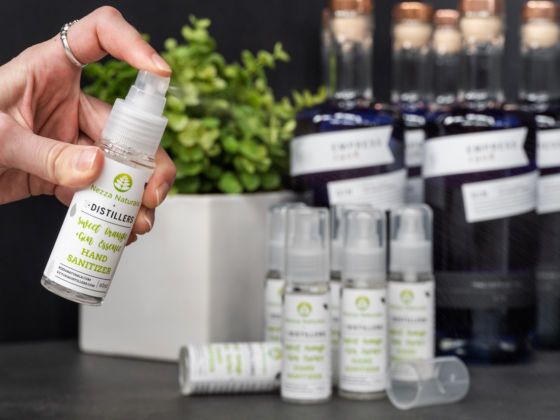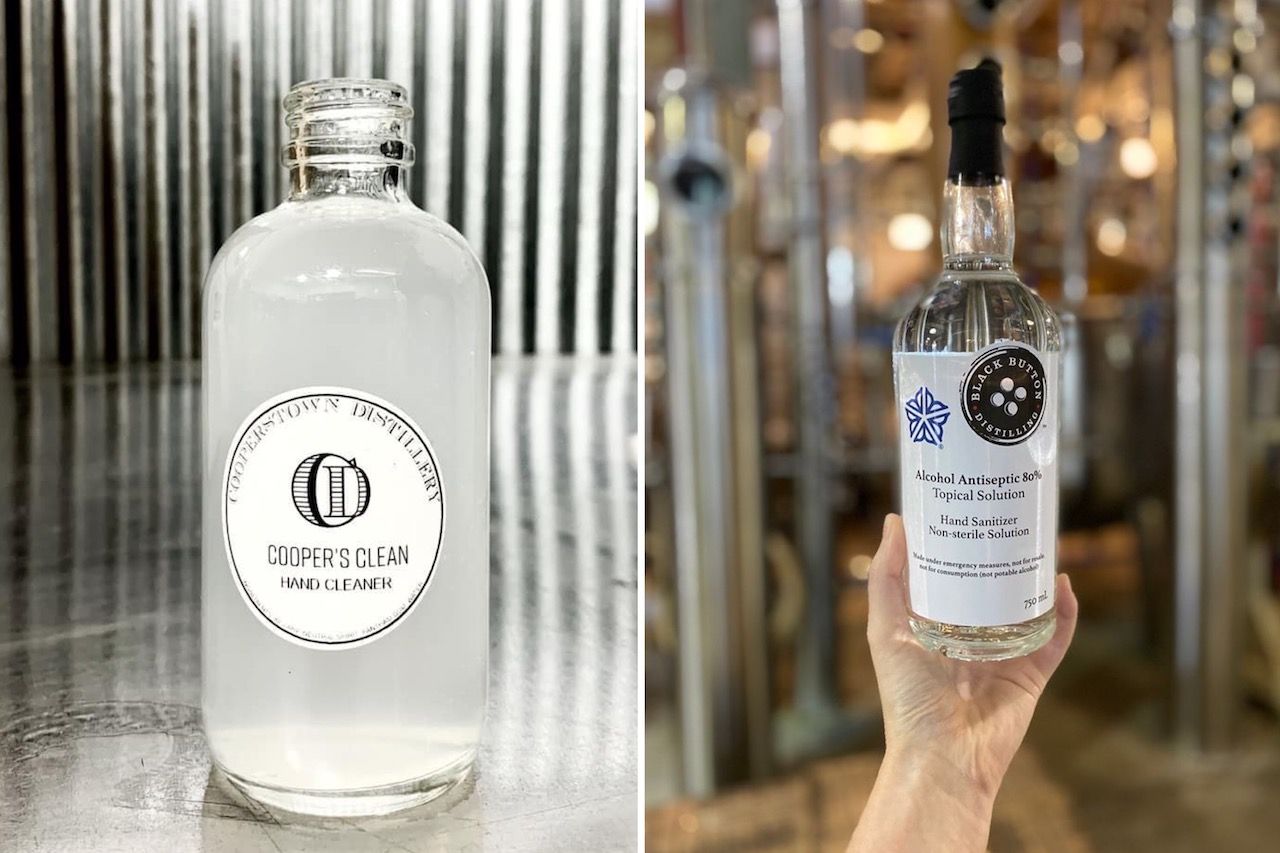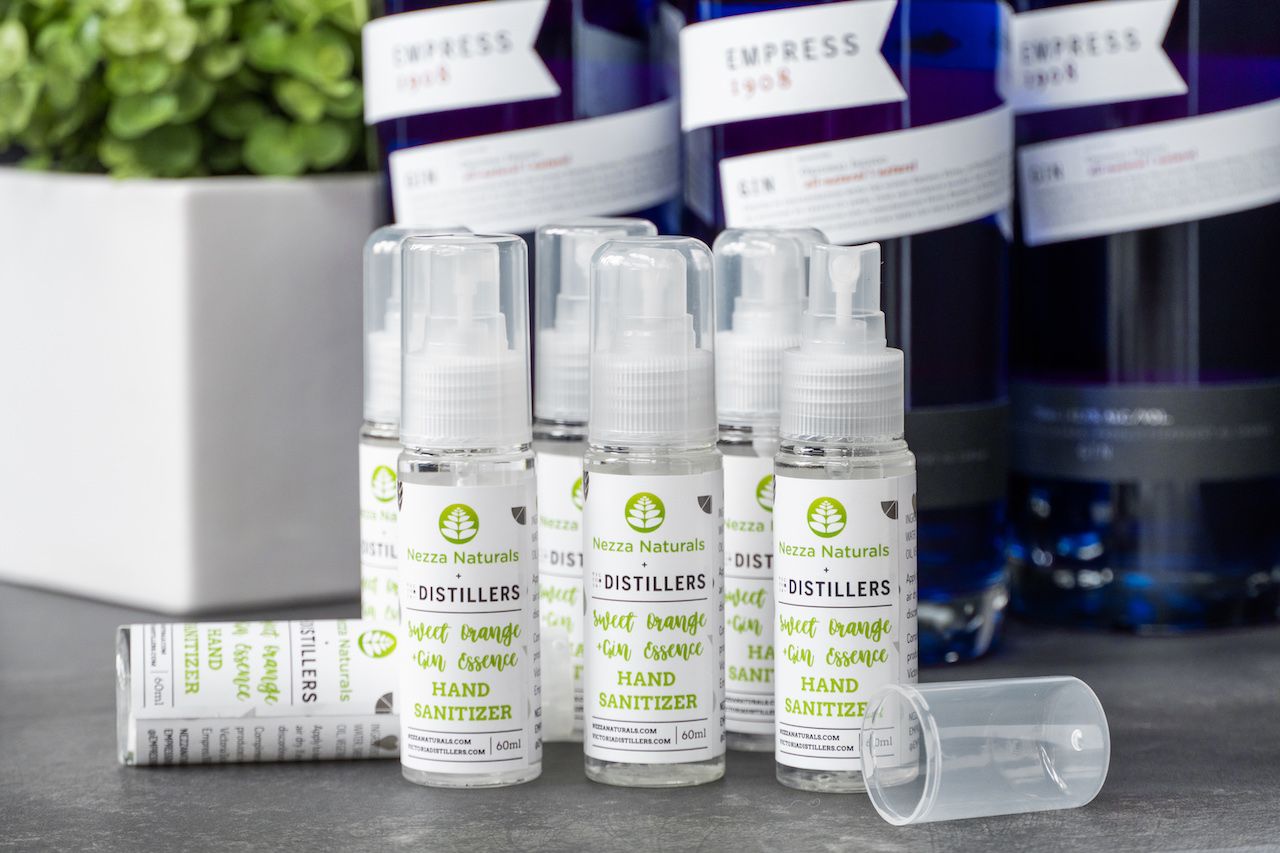Craft distillers may well prove to be the Henry Fords of the COVID-era.
Much like Ford famously repurposed his auto plants to make thousands of airplanes needed during World War II, craft distilleries are repurposing their stills to help fight the spread of the coronavirus.
When people bought the country out of hand sanitizer — an alcohol-based product — last week, distilleries from Oregon to Alabama to Canada realized this was an opportunity to use their facilities for the greater good. That is, if you didn’t already consider gin production “the greater good.”


